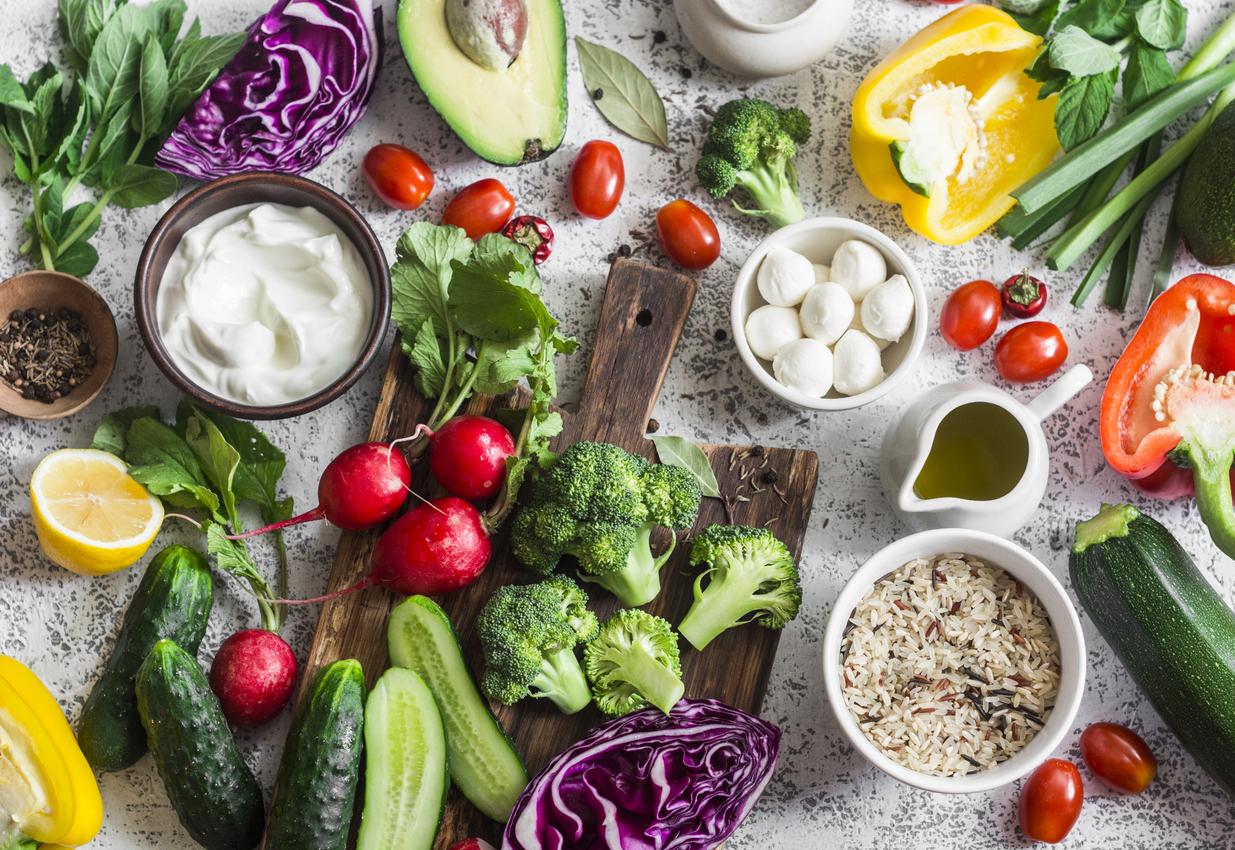Fruits no longer have to prove their health benefits: rich in vitamins and minerals, they contribute to the proper functioning of the body. And thanks to their fibers, fruits are the allies of a good transit. They also participate in the maintenance of the bacterial flora. Some, however, should be consumed in moderation.
With the arrival of summer, do you want to enjoy the freshness of seasonal fruits? Be careful to choose them well: some remain sweeter than others and quickly increase the calories.
Don’t worry, in the field of nutrition, the important thing is to find a balance. The time of consumption must also be taken into consideration. Although bananas contain 14.8 g of sugar per 100 g of fruit, they help boost your energy when eaten after physical activity.
What are the risks of a high consumption of sweet fruits?
Some fruits remain too rich in sugars and lack fiber.
Mangoes, cherries, avocados, grapes and even pineapple have high sugar levels. Consumed in excess, these quickly digested foods can increase the risk of blood sugar spikes.
Without some vigilance, your insulin resistance, your level of fatigue, your cravings and your weight can pay the price in the long run. It’s all about moderation.
The most dietetic fruits are the citrus (orange, grapefruits, lemons), red fruits (strawberries, raspberries, currants…) which contain only 7 to 10% sugar.
Read also :
- Should we cut out bread when dieting?
- The lawyer: friend or foe of diets?
- These 6 foods will boost your weight loss
- Drinking water while eating: good or bad idea?


























